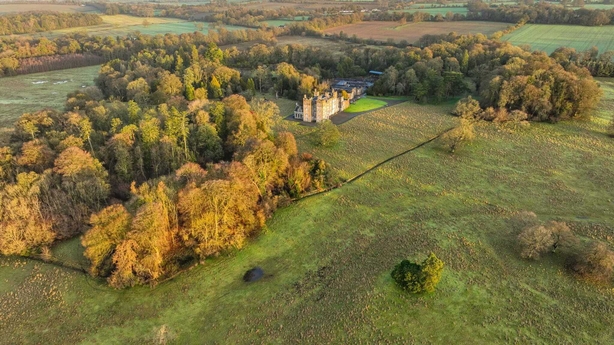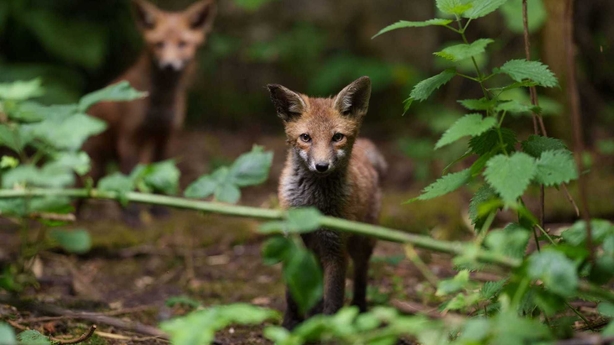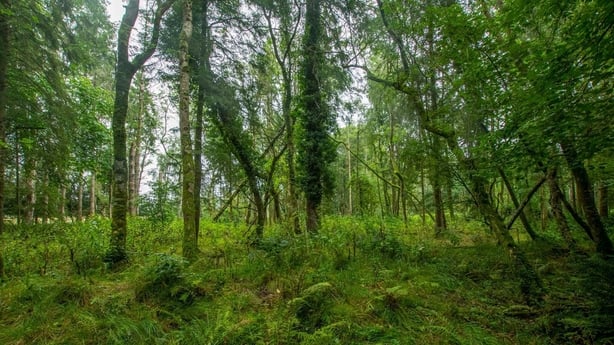Nature Restoration Laws can work in Ireland if introduced correctly according to the 21st Baron of Dunsany, Randal Plunkett, a leading advocate for rewilding.
The EU directive aimed at restoring damaged ecosystems across the continent has been the source of much debate this week with the Taoiseach Leo Varadkar saying he shares the 'concerns people have across rural and urban Ireland about some aspects of it going too far.'
Plunkett disagrees with the Taoiseach though and says we’re not going far enough, fast enough.
"If we're going to do this, let's do it properly. If we make the laws, let's control the laws. Otherwise let's not bother," Plunkett tells Katie Hannon on the latest episode of Upfront: The Podcast.
"A lot of farmers would be happy if they got better money for it. So, let's start paying. Let's start subsidising this properly."
Plunkett inherited his title from his father Edward, the 20th Baron of Dunsany, who died in 2012.
He also inherited the sprawling Dunsany Castle and 1,700-acre estate in Meath, which has been in his family since the 12th century.

When Dunsany came under the new Baron’s control, he decided to create a nature reserve by rewilding more than one-third of the estate despite it being highly productive and profitable farmland.
The remainder of the estate remains as active farmland.
"We were very successful [with farming], and the cost of our success was we lost our natural heritage. This is a country that's very proud of its history, its language, but we're abysmal with our natural heritage.
"Look at our literature, it always talks about the land, the plants. And yet we have so little respect for it. I am trying my best to protect that where possible."
The changes Plunkett made to his estate were minimal. He simply let nature take its course.
"The first year it was a failure. The second year, worse. Third year, the weeds were on steroids, and by the fourth year, a little bit better. And then the fifth year we had was wildflowers, different plants, mosses and insects that would be like you were in the Amazon."

Since the Dunsany rewilding project began, many species of plants and wildlife have returned to the estate including otters, barn owls, snipe, corncrakes, peregrine falcons and red kite.
But while the changes were welcomed by the animals, Plunkett has been on the receiving end of threats from hunters who were previously given access to the estate.
"Nobody likes change. Nobody likes the way they live to be attacked, including myself. But the truth is that change is natural. If we don't change, things stay stagnant, and stagnant brings death"
While the success of his own rewilding project has been the source of some optimism for Plunkett, he says he is under no illusions about the challenges facing Ireland and the rest of the world when it comes to the climate and biodiversity crises.

"Spain is struggling, Italy is struggling. What happens when Germany, France and Ireland starts to struggle with crops and France says, ‘I'm not importing or exporting our goods, we're going to keep them domestically.’
"We created a food structure that everybody is eating the same stuff. It's one big system. It's a house of cards. You pull one card out; the whole thing will collapse.
"That's why I'm doing what I'm doing. It's not because I like to feel good in the morning watching grass grow. It's a long-term thing because the reality of it is, if we discover how to use nature solutions, we have a chance at reversing this."
All episodes of 'Upfront: The Podcast' can be found here, or wherever you get your podcasts.







